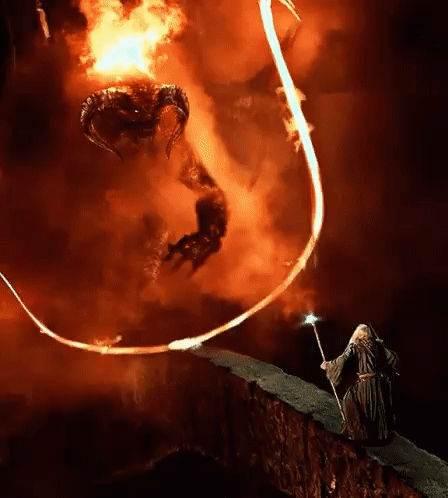What Does It Mean to Decentralise a Rollup?
Are we seeking an honest majority? or upholding a single honest party?
Nearly all rollup projects have a single goal — to build the technology stack, give it to community and ultimately decentralise both its operation and governance.
This brings us to the word decentralization.
It is thrown around by most projects and yet the answer to this critical question is often evaded by projects — decentralise what exactly? and how?
The word decentralization sparks the idea of an open, permissionless, and a significantly large set of participants with a more the merrier philosophy.
This is the default idea as most blockchain systems derive the source of truth from an honest majority (or supermajority) of active participants. It is of upmost importance that the appointment protocol is skewed towards prioritising honest participants to join and the honest participants will always outnumber the adversarial/dishonest participants.
Remarkably — it does not translate to the land of rollups. The technology stack relies on a fundamentally different trust assumption for finding the source of truth. Truth is not determined by an honest majority as instead it is decided by a trusted third party (TTP). In rollups, the TTP is a smart contract, a validating bridge, that lives on top of a secure layer-1 blockchain like Ethereum.
Thus — the goal of decentralization — is very different for a rollup compared to a layer-1 blockchain. It really focuses on:
Aid decision making— The goal is not to make sure the right decision is collectively agreed upon by an honest majority, but to ensure all potential decisions can be delivered and presented to the smart contract bridge in a timely manner.
A rollup system only needs one honest party to step up at the right time and deliver all messages (potential decisions) to the bridge smart contract — so it can make the final decision on behalf of all participants.
The goal of decentralisation is NOT to design a rollup that requires the participation of 100k active Validators. In fact, it is the opposite.
It is about ensuring that 1 honest party always has the opportunity to step up, at the the right time, and send all potential decisions to the smart contract bridge. So the smart contract and not an honest majority can make the final call.
Put another way:
Honest Majority → One Honest Party: Rollups take decision making away from the set of validators/system operators, as much as possible, and transfer the responsibility to a smart contract.
To this end — decentralization of a rollup must focus on the appointment protocol to ensure an honest party can participate when it is necessary and allow them to single-handedly assist the bridge smart contract and protect the entire system when it is under attack by an all powerful adversary.
Just like Gandalf as he stands on a bridge and defends the fellowship against Balrog whom he ultimately defeats at the peak of Zirakzigil.





The main goal hasn't been changed. Block production is centralized, block validation is trustless and highly decentralized, and censorship is still prevented.